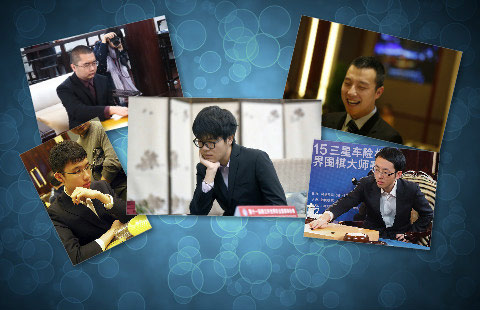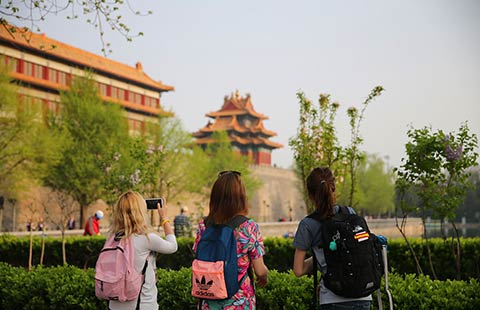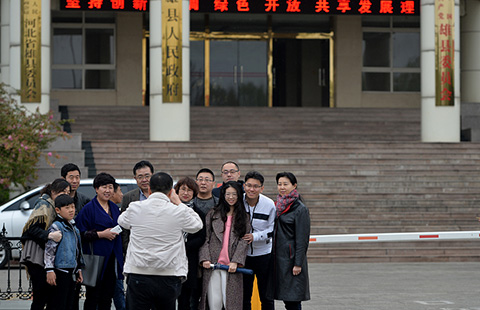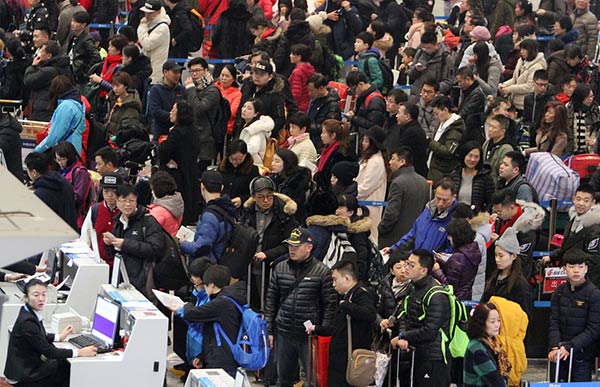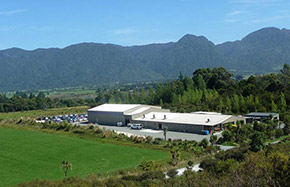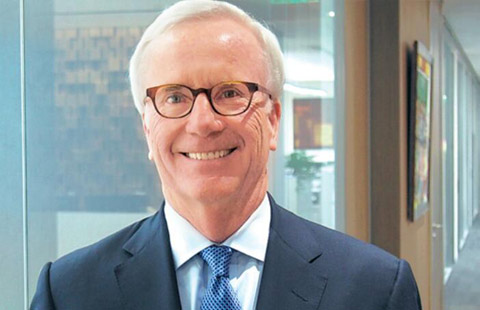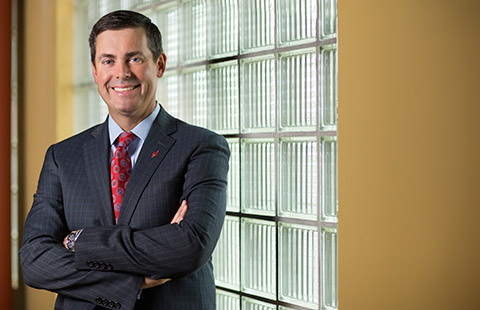Li calls for less political power in market economy
BEIJING - Chinese Premier Li Keqiang on Monday called for less political power in the market economy in order to motivate creativity of market players and achieve transformation of the government.
On a nationwide tele-conference about the functional transformation of the institutions of the State Council, or the cabinet, Li urged officials to properly handle relations between the government and the market as well as society, delegating unnecessary powers and managing businesses that the government is responsible for.
The focus of government work should be shifted to creating a favorable environment for development, providing quality public services and maintaining social equity and justice, Li added.
Li said the transformation of government is important and urgently needed for maintaining the continuous and healthy development of the economy amid the present goal of stabilizing growth, controlling inflation and preventing risks. It is also an objective requirement of economic and social development.
The new government has canceled 133 items of administrative approval matters in less than two months after it was formed. However, the work must be further carried forward with greater courage and wisdom, Li said at the meeting.
The premier stressed that the government should make a good start in the reform of the administrative approvals system, as it is the "sally port" for transforming the government's function, and a critical move in forging an upgraded Chinese economy.
Li said the government should streamline administration and delegate powers to maintain growth, giving further play to the basic role of the economic market in distributing resources and inspiring market players' vitality and creativity.
Li called for minimized administrative approvals on matters concerning production and marketing activities, ordinary investment projects and qualifications.
Vice premier Zhang Gaoli presided over the meeting, which was also attended by vice premiers Liu Yandong, Wang Yang, Ma Kai and state councilors Yang Jing, Chang Wanquan, Guo Shengkun and Wang Yong.




